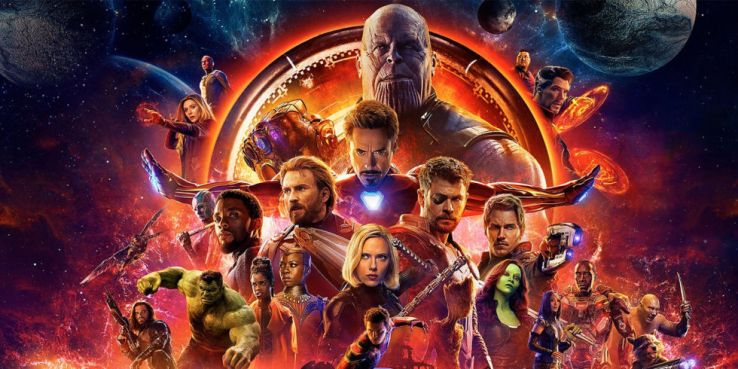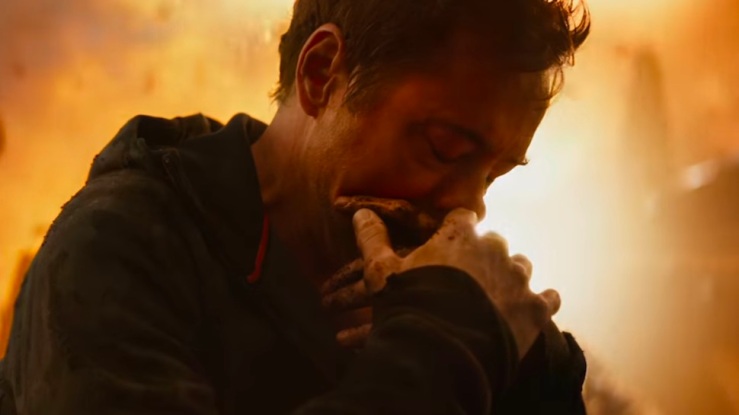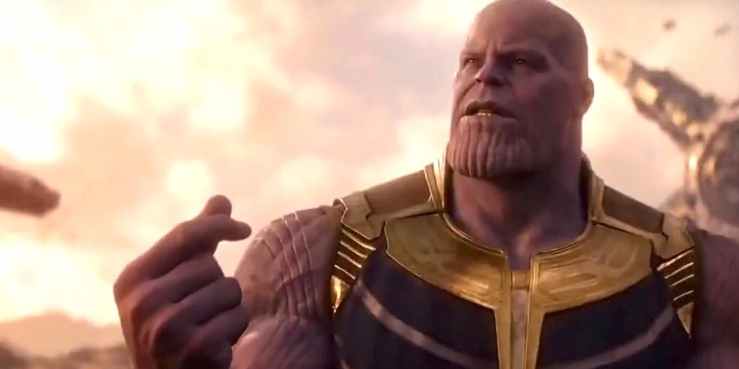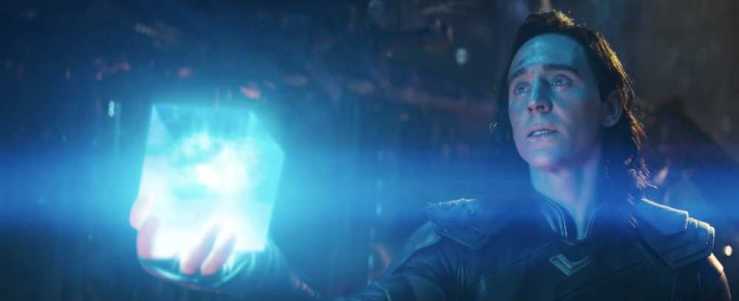Note: This post contains spoilers for Stranger Things season 3, Spider-man Far From Home, Avengers Endgame, and The Good Place through season 3. So many spoilers! Guard yourselves
“This is so well done,” I say, leaving the movie theater. In my head I can already imagine discussing it with my students in class. A few days later, watching Netflix, I frown. “This is so badly handled.”
When I decided to watch Spider-man Far From Home the same week as I watched Stranger Things season 3, I did not imagine there would be any type of overlap. Imagine my surprise when I watched two very different depictions of the same type of toxic behavior. Two classic abusive patterns presented to me. Unfortunately, one was extremely well handled and the other, was a complete accident.
Last chance to abandon this ship because here come the spoilers.
One of the patrons at the theater where I saw Far From Home left saying he wished he
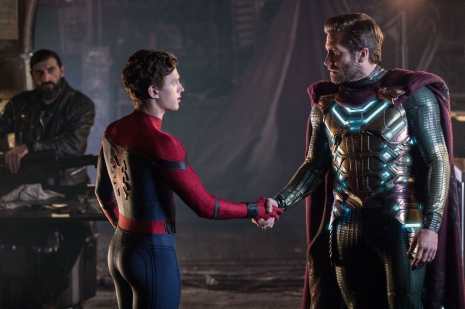
did not know Mysterio was a villain before watching so that the slow reveal would have been more effective. I disagree. The part of his character I found so arresting was knowing he was evil and trying to figure out what his game was.
Mysterio is a classic abuser. So pitch perfect was the writing that I could have used his scenes to teach about gaslighting in my psych class.
The term gaslighting comes from the movie Gaslight, a the golden age of Hollywood masterpiece. The story revolved around a man who slowly convinces his wife she is losing her mind by causing things to happen and then denying them, including flickering the gaslights in their home. Now the term refers to a specific type of emotional abuse that aims to cause a person to doubt themselves. Mysterio gaslights the entire world, faking tragedies so he can be the one to save them. Even within his own team, he threatens the lives of his villainous staff and blames them for his violence toward them. He literally says they are making him act the way he is. In the most classic example of this type of manipulative abuse, he slowly ingratiates himself with Peter Parker. He slips into the whole that Iron Man’s death left and makes himself into Peter’s mentor. He then continually undermines Peter’s sense of self. He encourages him to give up superheroing, to only focus on his own needs. He destabilizes Peter and alienates him from Nick Fury and the rest of SHIELD. Then when the gig is up, he turns and lashes out. He uses all of Peter’s fears against him in the illusion world and ultimately blames Peter for it. The “If you left good enough alone” speech being a classic “I’m hurting you but it’s your fault technique”. Mysterio is a textbook abuser.
The thing is, Mysterio is intended to come off this way. There is a predatory nature to him that grows as the story progresses. He is Captain Gaslighting, the toxic person that can often show up when we are vulnerable. A warning to us all.
The other depiction of toxic behavior came from the newest season of Stranger Things. I
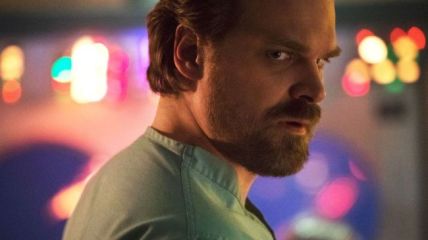
loved the season, but it was not flawless by any stretch. The main failing being the transformation of Hopper from hapless burnt out detective to really shitty and toxic Dad. I loved Hop in season 1, but the character in this season is unrecognizable. He is toxic masculinity condensed and bottled. He yells at everyone, throws things around, and when push comes to shove he resorts to threats and physical violence. He scares Mike out of dating El. Mike, a child.
The Hop from seasons 1-2 was a man who fought for those who were weaker than him, he went up against the bigger people who used violence to gain submission. The Hopper of seasons 1-2 would have probably fought the Hopper of season 3.
The worst part of this is, his behavior is handled like he’s just being his usual messy self. The darker aspects of his character seem wholly unintentional and thus entirely unexplored. Considering the way the rest of the season explored toxic masculinity (with Will not fitting into other people’s mold and Nancy facing off against sexual harassment), his story could easily have fit in with the theme. It could have been handled. Hop could have received some redemption in this arc. But that would have required acknowledging the difference between messy and toxic.
Even Hop’s posthumous letter did not save the character for me. As sweet as El finding his words could have been, it was overshadowed by the fact that he never gave her this letter. With Joyce’s help, he wrote out his feelings in a healthy way, but in the moment, he decided to be abusive. He kept the positive words, literally, tucked away. So her finding it only after he is dead really memorializes that he chose to treat her badly. Compare this to another aspect of Spider-Man: the Iron Man arc. Iron Man too was a messy father figure. He often yelled and repeated the mistakes of his own father. Iron Dad frequently failed to express his emotions. The difference? No one is more aware of Tony Stark’s problems than Tony Stark. He expresses to Peter (in Homecoming) that he is struggling with his father’s poor parenting, but that he’s trying to be better. In the end, he leaves behind his EDITH glasses to Peter with the words “To the Next Iron Man,” his posthumous offering was also one of love, but it was not something Peter found by mistake. It was given. Tony Stark was full of failings, but he was honest and he often got it right too. Sadly, Hopper was much more Mysterio than Iron Man.
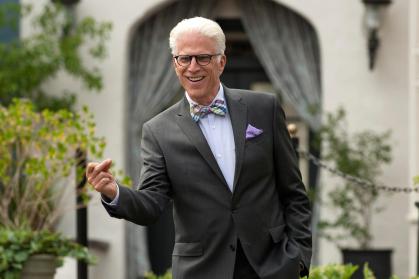
So, Hop did not get his redemption this season, but what if it turns out he is not really dead because this is TV? Well, it’s going to take a lot of work on the writers parts to win me back over to team Hop, but it can be done. I know this redemption arc could be done well because I have seen it done in the very best possible way. In the Good Place, Michael is slowly revealed to be the villain. He gaslights, he manipulates, he is literally a demon sent there to torture the main characters. But he begins to change. Slowly over the seasons, Michael gets his redemption arc. He has to learn to face his toxic masculinity and privilege. He learns to have feelings and empathy for others. The humbling and ultimate rebuilding of his character remains one of the most moving things on TV. He is a literal demon, but his flaws are not treated as jokes. He’s recognized for what he is, and thus change is possible.
Yes, true believers, just like in therapy, the first step to a good redemption arc is fully acknowledging the problem. If the Duffer brothers want to fix the full turn against Hopper, they have to first admit that he was an asshole.
Recommendations:
If you want to learn more about gaslighting and how to spot it, check out the National Domestic Abuse website.
